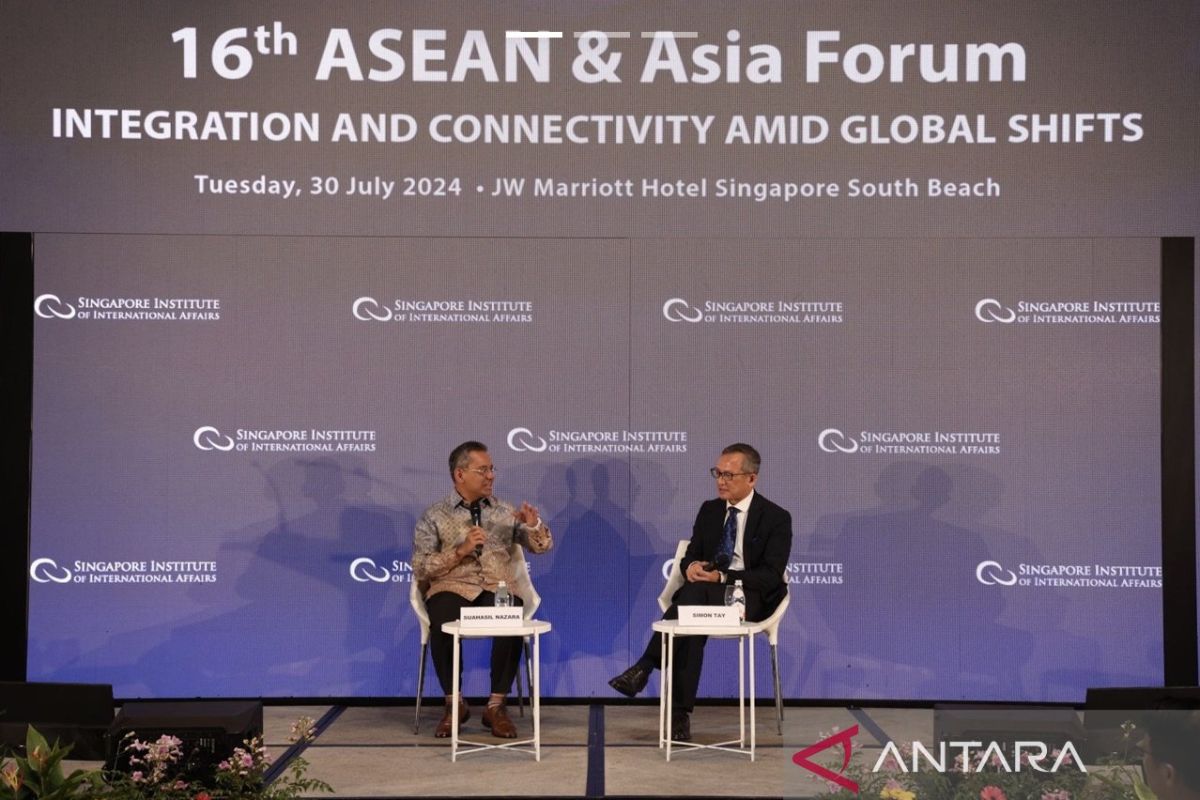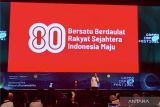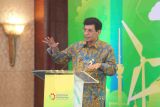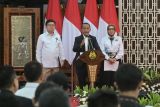Jakarta (ANTARA) - The Indonesian government has decided to continue implementing its downstreaming policy while pursuing the adoption of the green economy to bolster integration and connectivity in the ASEAN.
"The downstreaming policy emerged as one of Indonesia's breakthroughs. Indonesia has also demonstrated a strong commitment to pursuing the green economy," Indonesian Finance Deputy Minister Suahasil Nazara noted in his office's statement received here on Thursday.
Speaking at the 16th ASEAN and Asia Forum held in Singapore on Tuesday (July 30), he remarked that countries are currently faced with the option of resorting to reshoring, nearshoring, friendshoring, or offshoring to tackle supply chain disruptions and pursue their domestic interests.
To this end, he said Indonesia had opted to pursue the implementation of the downstreaming policy to boost the value of domestically made products in the hopes of expediting economic transformation in the future.
"We should not regard downstreaming strictly as a ban on the export of mineral resources. Note that this policy is a means to create added value in the mineral and metal mining sector," he emphasized.
Nazara then underlined that Indonesia is blessed with abundant natural resources, including mineral materials, whose presence is likely to mean much more in the future.
On that note, the deputy minister remarked that Indonesia is always open to business players keen to invest in the downstreaming sector to strengthen its mineral industries.
Regarding the green economy, Nazara drew attention to a range of steps taken by Indonesia to facilitate energy transition, such as establishing the Energy Transition Mechanism and Indonesia Just Energy Transition Partnership as well as participating in the UN Conference of the Parties.
Baca juga: PLN raih predikat Green Ratings di sektor energi dan pertambangan
Baca juga: Indonesia's economic growth revised up by World Bank, says minister
He affirmed that the Indonesian government has striven to attract investments to fund the early retirement of coal-fired power plants, with the objective of promoting and intensifying the use of new and renewable energy.
"All these efforts are aimed at fulfilling two of Indonesia's promises to the world, namely achieving targets put forward in the NDC (Nationally Determined Contribution) by 2030 and actualizing net zero emissions by 2060 or sooner," he underlined.










